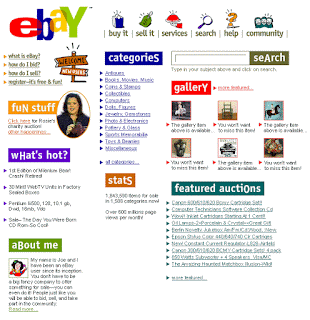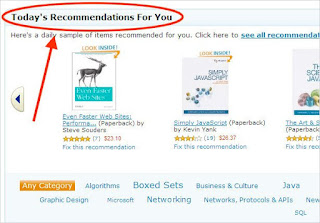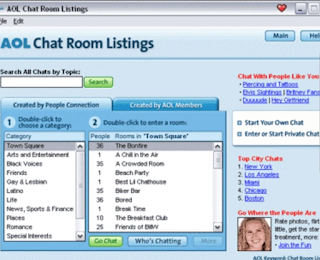Unlimited Selection and Instant Gratification
by Ava Turner and Lynne Walenjus [Directions from Instructor: Please read the blog post below. If you did not write this post, you must respond at least once directly to the post, and then respond at least once to someone else's response. If you did write the post, you need only respond at least once to the initial responses from your peers.] The Initial iPod and iTunes Was the failure of the physical music industry worth a new generation of online music downloads? Apple had a rough start before Steve Jobs came back to save the day. Apple established its trademark as beautifully crafted computers that were innovative and individualized devices. Jobs wanted the iMac to be the central machine to a variety of other Apple products to create a digital hub. Jobs knew that music download was the key connector of the digital hub, but needed a way to unite this system. After purchasing Toshiba’s idea for a 1.8 inch 5 gigabyte hard drive, Jobs developed the iPod: a stainless s...










